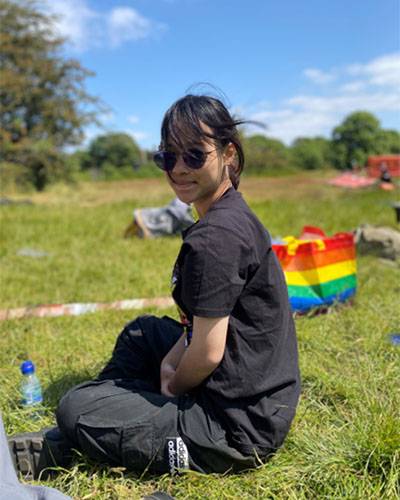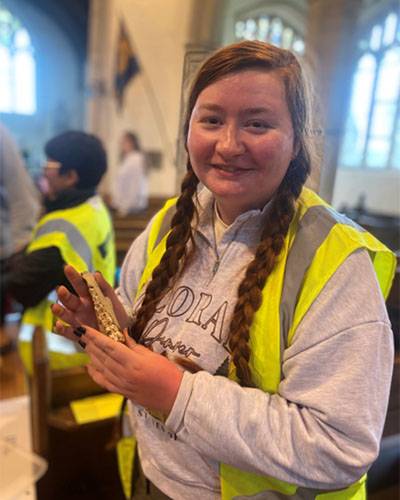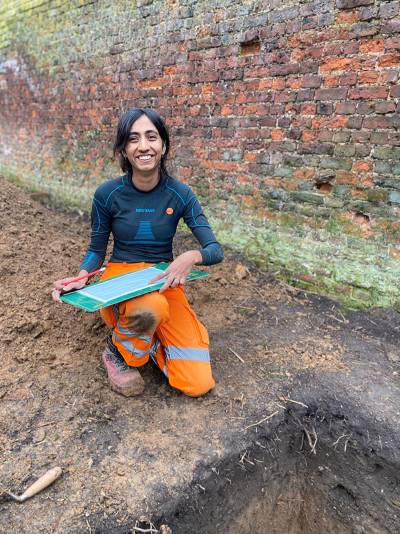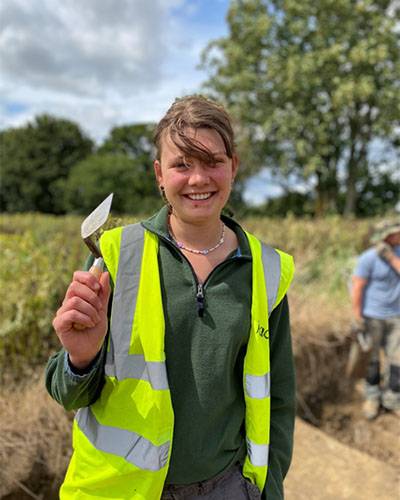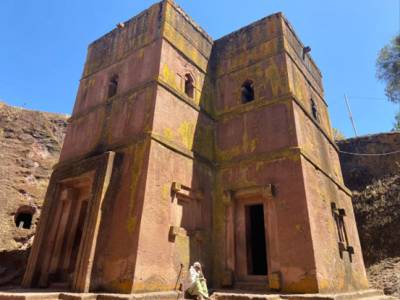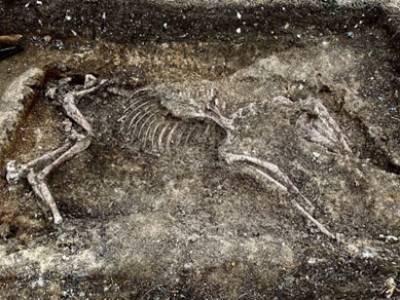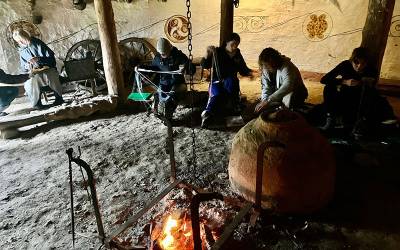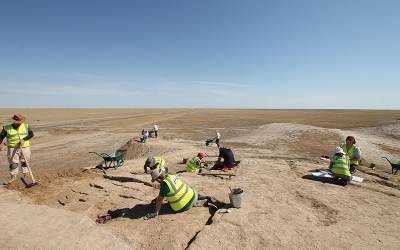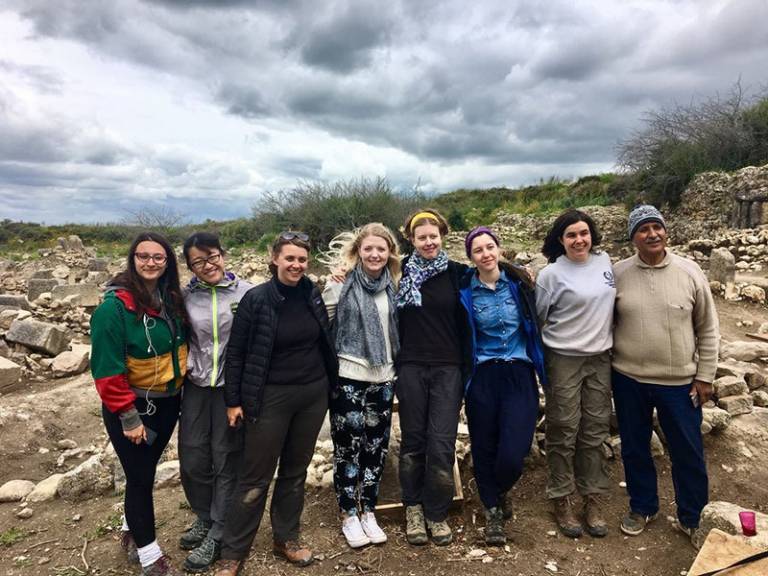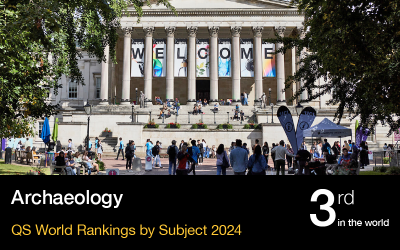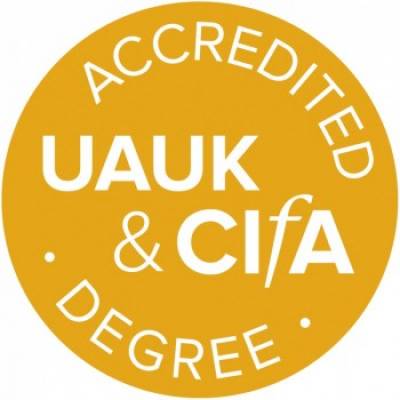Fieldwork is an important component of the UCL Institute of Archaeology degree programmes and contributes to the experience of our students.
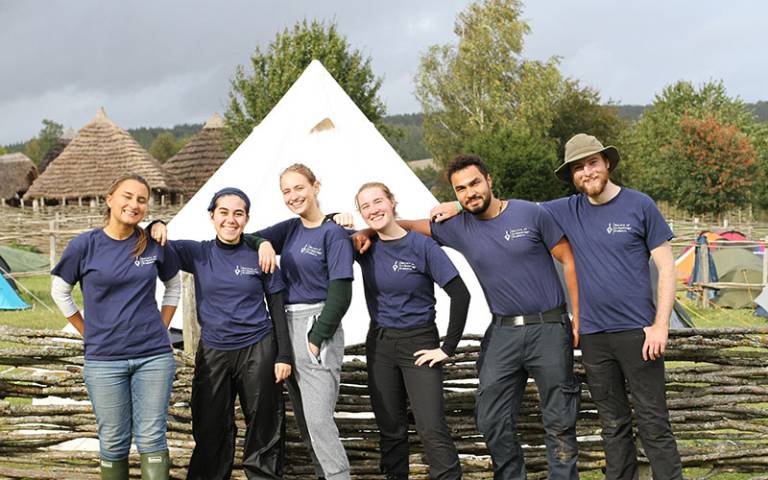
Fieldwork
Our Undergraduate Programmes are extremely unusual for including 70 days of partially funded fieldwork (depending on the project chosen this can be fully funded or partially funded for both subsistence and travel costs). Our students undertake fieldwork both in the UK and overseas - from Spain, France and Montenegro to Belize, China and Uganda to name some locations.
In the first week of the first year, the 4-day Experimental Archaeology course 'ArchaeoTech' gives our new students early exposure to a variety of aspects of early technologies and archaeological processes. It also provides excellent opportunities for them to get to know each other, as well as the officers of the student society and members of staff.
Together with the Training Excavation, in the summer of the first year, our students develop skills and experience needed to get the most out of the rest of their 70 days of fieldwork, carried out throughout the Programme. They will acquire an excellent grounding in field excavation and recording techniques as well as experience of life on an archaeological excavation.
Thames Foreshore Fieldwork 2023-24: central London
UCL Institute of Archaeology students led by Stuart Brookes have commenced a programme of fieldwork along the Thames foreshore in central London. Read more about this student experience.
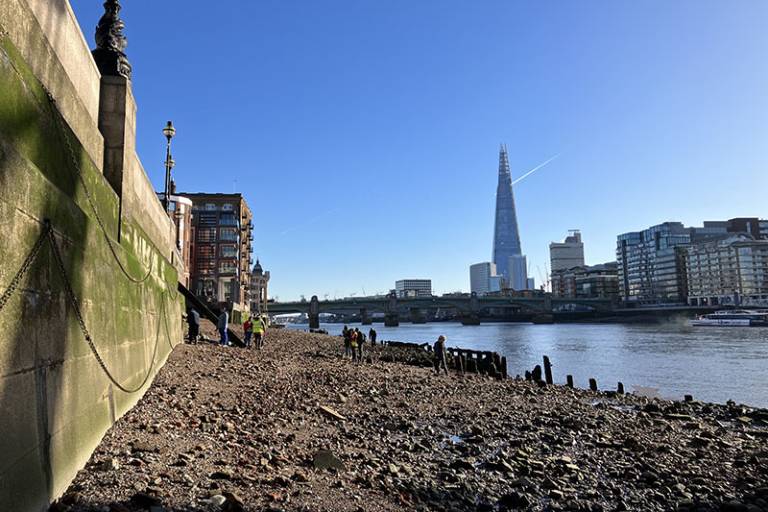
Training Excavation 2023: Greenwich, London
The UCL Institute of Archaeology, in partnership with the Royal Parks at Greenwich, and Archaeology South-East colleagues, excavated a WWII air raid shelter during May and June. 1st year undergraduate students, with staff and Institute alumni, excavated the site, revealing and recording the original features of the structure.
 Close
Close


